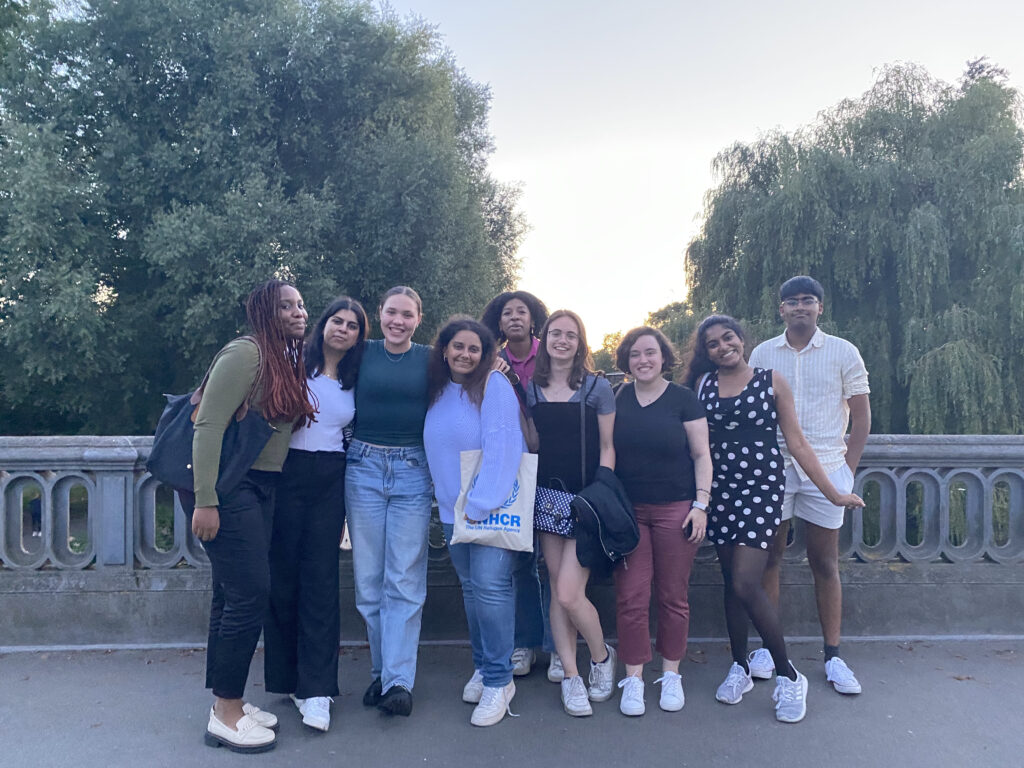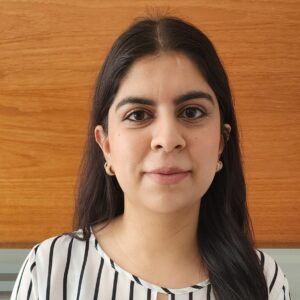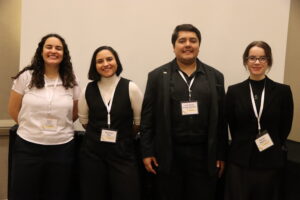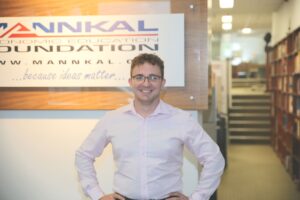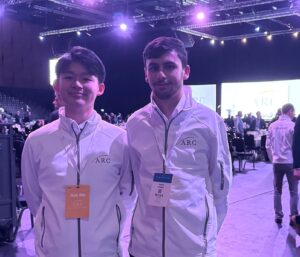The cobblestone streets of Cambridge University, one of the world’s most prestigious academic institutions, provided the perfect backdrop for exploring one of the most compelling ideologies of all time – libertarianism. Freedom Week, a joint project of the Institute of Economic Affairs (‘IEA’) and the Adam Smith Institute (‘ASI’), was an immersion into the foundations, history, and implications of libertarianism, challenging us to question the role of government in our lives and to critically examine the principles that underpin our society. Over the course of the week, we heard from some of Britain’s leading academics and engaged in debates that illuminated the core tenets of libertarianism: the sanctity of individual rights, minimal government intervention, and the power of free markets.
The week commenced with a welcoming address from the co-founder and president of the ASI, Madsen Pirie, who explained his philosophy, his passion for free markets and his motivation for founding the ASI. We also had the opportunity to discuss with Madsen his friendships with great economic minds such as Milton Friedman. The subsequent days consisted of lectures from Dr Kristian Neimitz, head of political economy at the IEA, who proposed a social health insurance system as an alternative to the NHS; Chris Snowden, head of lifestyle economics at the IEA, who discussed the implications of paternalism; Freddie Poser from Priced Out, who discussed the current housing crisis in the UK, among many others.
After a week filled with libertarian insights from remarkable individuals on all aspects of history, culture, economics and politics, singling out a favourite is difficult. However, the presentation by Professor Victoria Bateman, a feminist economist and academic at the University of Cambridge, was definitely a highlight. Professor Bateman discussed how the rights and freedoms of women are fundamental to economic growth and prosperity and were instrumental in the industrial and economic development of the West. Her discourse offered a fresh perspective on the contributions of women to economic growth and challenged the traditional narratives that have predominantly focused on male-centred economic activities.
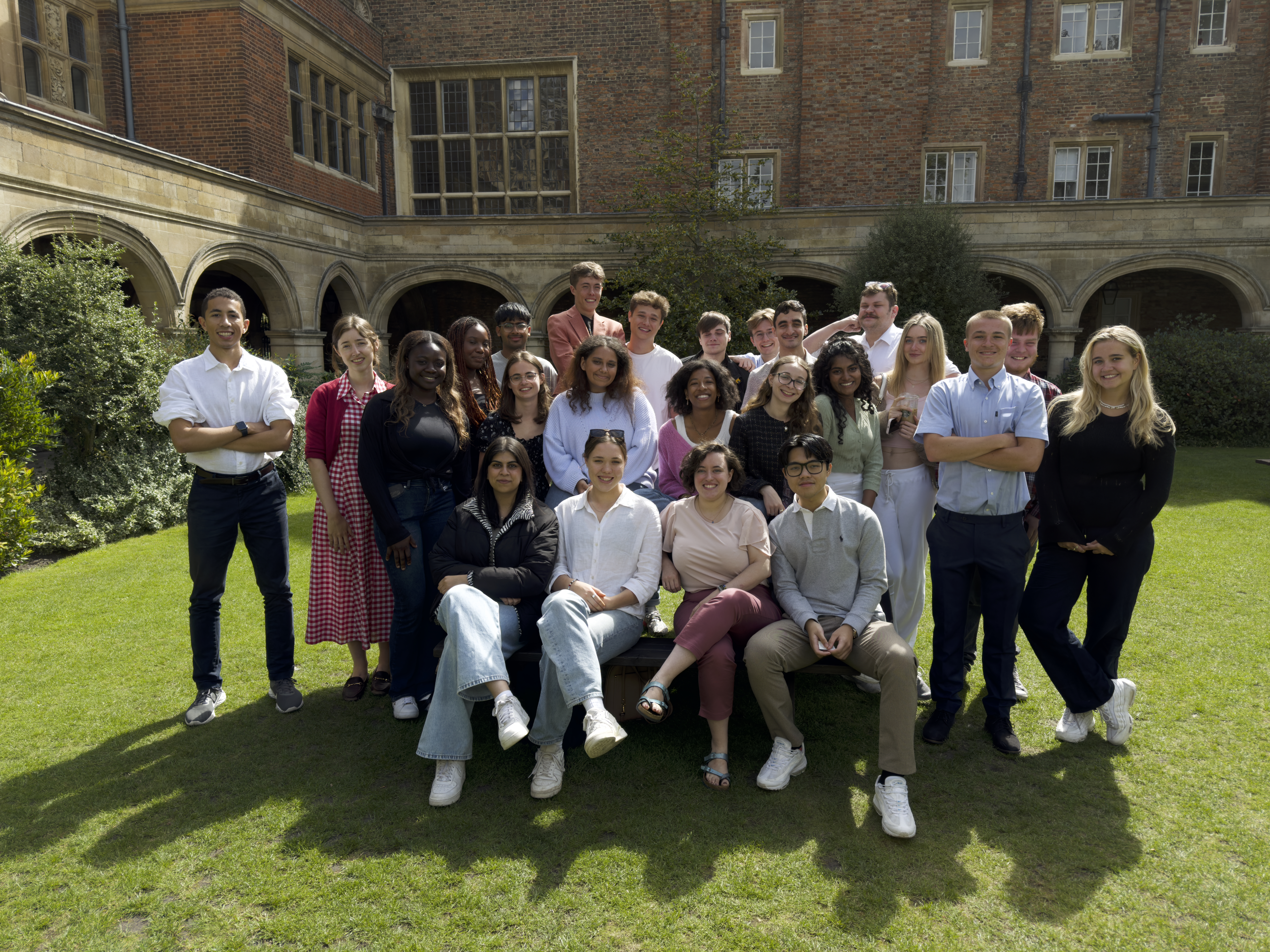
Mariam with other attendees of Freedom Week
Another highlight was the discussion I had with Lord Daniel Hannan, a former Member of the European Parliament and a key driver in the Brexit campaign, after his seminar. We discussed the similarities and differences between the Australian and UK system of government, particularly the morality and ethics of compulsory voting and the undemocratic nature of the UK House of Lords.
Beyond the academic lectures and philosophical discussions, a highlight of Freedom Week was the opportunity to partake in a quintessential Cambridge experience – punting on the River Cam. Despite losing our punt twice, constant collisions with the river’s edges and neighbouring boats, and near falls, we had an enjoyable experience and were able to admire iconic Cambridge landmarks, such as the King’s College Chapel, the Bridge of Sighs, and the Mathematical Bridge. We were also fortunate to have a generous amount of free time to explore Cambridge at our own pace. This included leisurely walks through the city to take in the remarkable architecture and grandeur of the renowned colleges as well as visits to see the Corpus Clock, explore the Fitzwilliam Museum and have lunch at the Cambridge Markets.
Overall, Freedom Week was an enlightening and enriching experience – a testament to the human desire for freedom, empowerment, and the pursuit of knowledge. It also proved to be an opportunity to forge long-lasting friendships with like-minded individuals from all over the world. Friendly banter, obscure discussions over meals, pub trips, punting, and late-night gossip sessions facilitated these newfound connections and proved to be a delightful experience.
I will cherish my time at Freedom Week for life and look forward to using what I learned to inform my decisions and as a building block to further enhance my understanding of libertarianism.
A massive thank you to Mannkal, the ASI and the IEA for the amazing opportunity.

